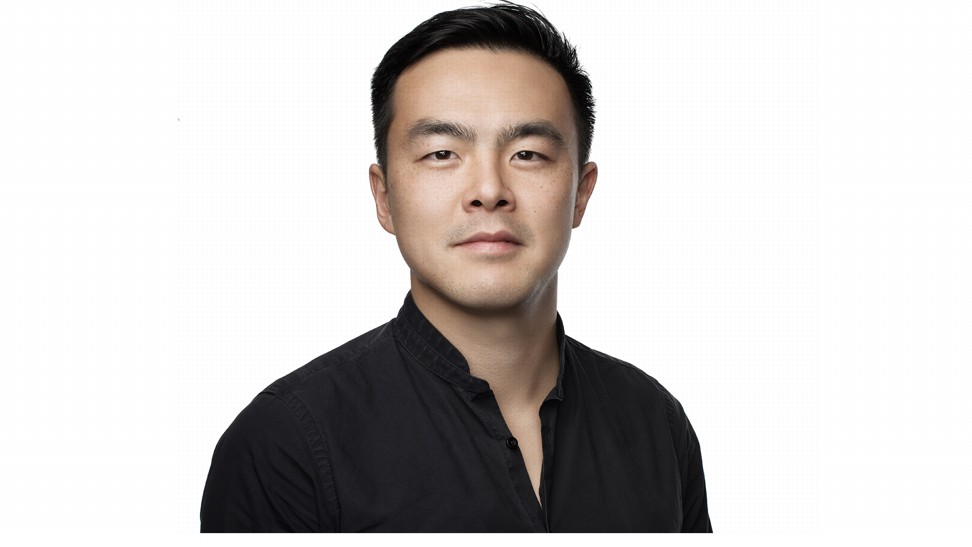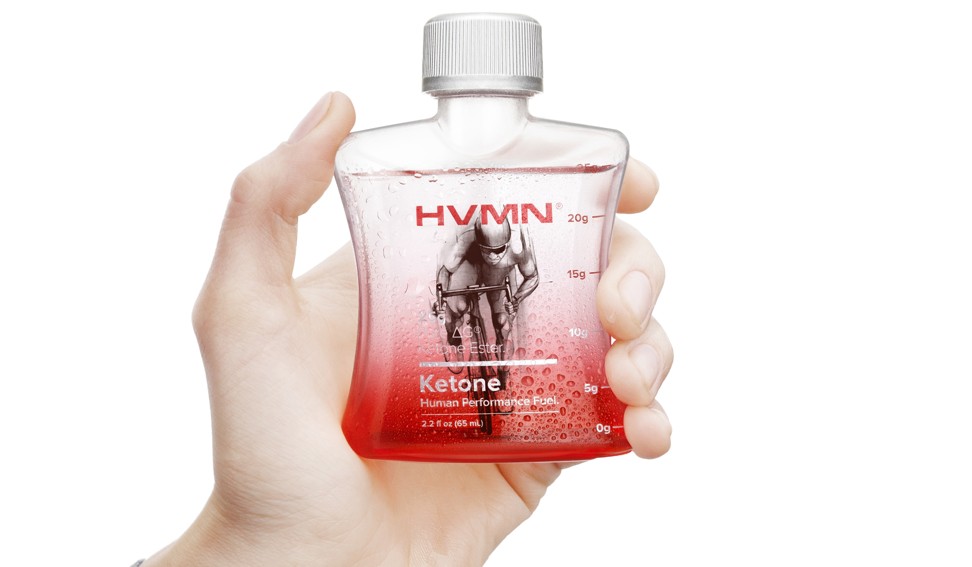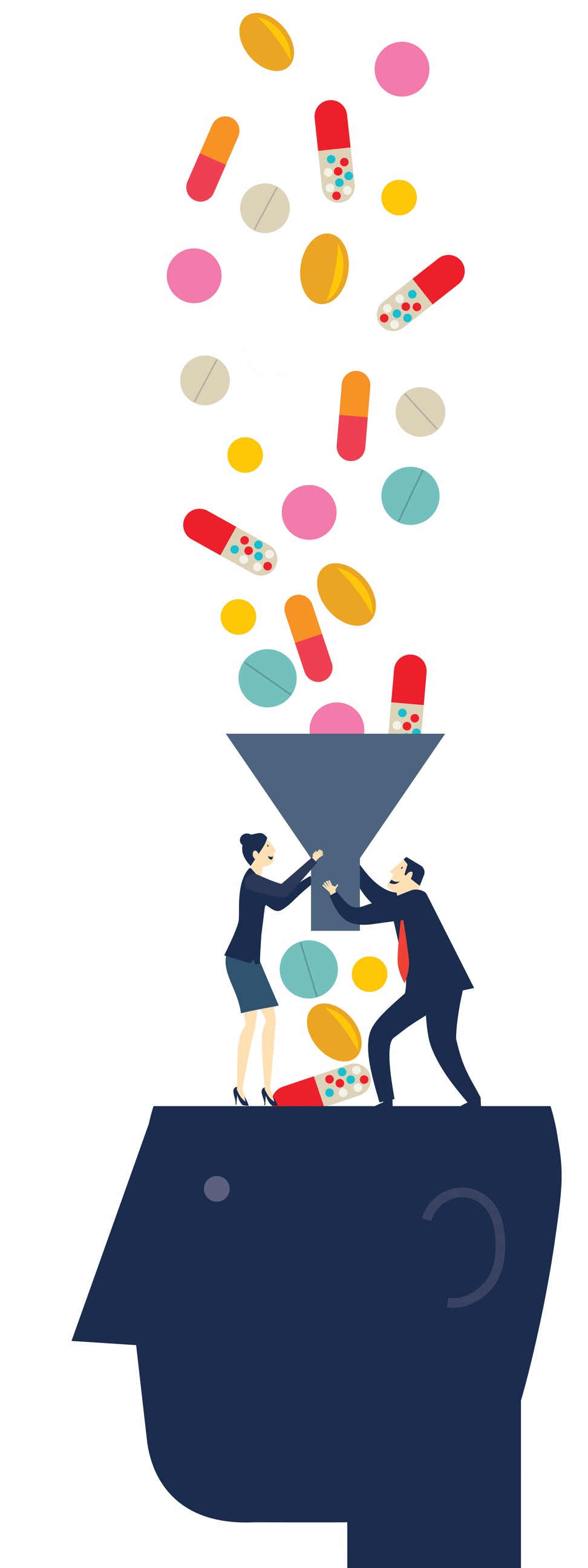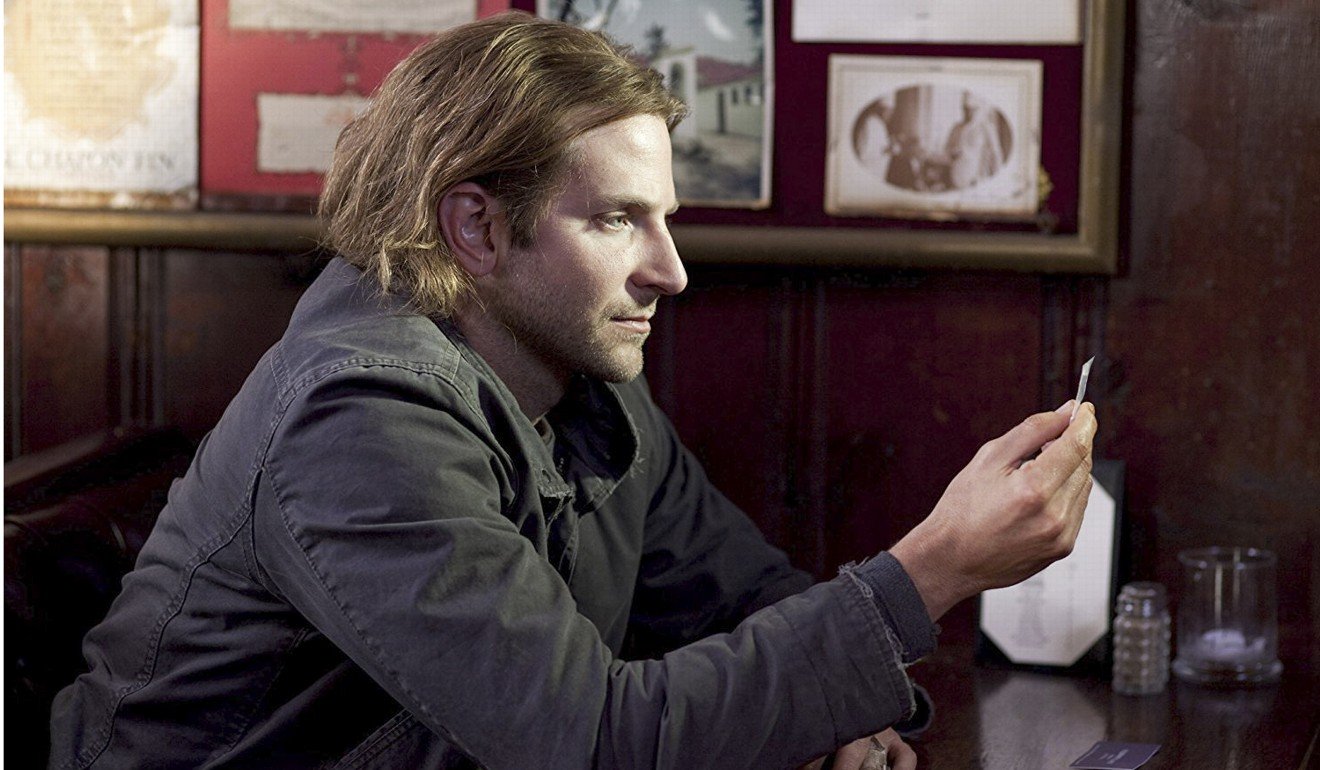
Brain health: how biohacking with supplements improves it, and why taking ‘smart drugs’ could be dumb
Nootropic supplements to sharpen our memory and make us more effective and focused are a growing market – and quite different from so-called smart drugs, whose use doctors discourage. We take a nootropic and feel the effects
Forget hacking computers. Now, it’s all about hacking the brain. So says Geoff Woo, a so-called biohacker and co-founder of HVMN – pronounced Human – a “cognitive enhancement group” based in Silicon Valley, California.
Biohackers like Woo say that if computers were the dominant platform of the last century, the human body is the platform of the 21st century. They take their health and longevity into their own hands, using well researched and safe ingredients in supplements.
Intermittent fasting is a proven way of losing weight quickly – but it may not work for everyone
Every day, the 29-year-old wakes at 7am and downs his own company’s products, all of which contain ingredients that are nootropic – meaning they enhance or influence memory or brain function.
These are mostly not new (fish oil – considered a nootropic – is in some of the products). However, the way they are administered, along with other, more exotic herbs and amino acids – also nootropic – is what’s different. They’re designed to promote brain health, making us more effective and focused and sharpening our memory.
Woo and his colleagues also regularly practise intermittent fasting and have helped create WeFast, a Facebook support group, for those who follow suit.
“I drink a tall glass of water with RISE and KADO3,” he says. (Both contain ancient herbs or such things as krill oil and astaxanthin oil, a powerful antioxidant with a reddish pigment from the carotenoid family.) “I check my Oura ring, a sleep tracking device that tracks my heart rate variability, which is a proxy for restfulness.”
As well as working out, he has “short eating windows every day”, eating mostly between 8am and 4pm, and does a 24- to 36-hour fast every week. Woo also does extended fasts of three days or more once or twice a year.
“In an increasingly globalised marketplace and [with] increased automation of manufacturing jobs, more and more jobs will be driven by intellectual and creative labour, not manual labour. This means optimising cognitive performance will be a competitive advantage,” says Woo.
HVMN does not yet ship to Hong Kong, but hopes to soon. “Nootropics and tools to improve human performance is a fast-growing category across the entire world,” he says.
According to Research and Markets, brain health was a US$2.3 billion business in 2015, and is projected to be worth US$11.6 billion by 2024. And Woo is at its forefront. He says he “feels sharper and clearer over longer periods of time”.

The basic concept is not new. Nootropics have been around since the 1960s with the advent of piracetam, a member of the racetam drug group. It is not approved by the US Food and Drug Administraton as a safe supplement. HVMN says it does not recommend habitual use of racetams. Over time, the term nootropics – based on the Greek words “nous” and “trepein” and which roughly translates to “bend the mind” – was coined to embrace a slew of different substances.
It’s all a bit of a beat-up, according to Leon Flicker, a professor of geriatric medicine at the University of Western Australia.
“There is insufficient evidence of a positive effect of piracetam on cognitive performance. It is probably safe, but the studies may not be large enough to find uncommon side effects. I have no idea why people consume it,” he says.
In an increasingly globalised marketplace and [with] increased automation of manufacturing jobs, more and more jobs will be driven by intellectual and creative labour, not manual labour
It seems the issue is not that every nootropic is potentially dangerous or a scam, sold by modern-day snake-oil salespeople. It’s simply that there are so many nootropics that it’s easy to get confused about exactly what they are – and which ones are safe – and one can easily be misled.
Adding to the confusion is the fact that so-called smart drugs and nootropics are not the same thing.
Of the safe nootropics, some are herbs, some amino acids. In fact, caffeine is a nootropic. But others – the pharmaceutical “smart drugs” such as racetams or modafinil, for example – may be addictive or cause adverse reactions, or do nothing at all.
To draw a line between what’s OK and what’s not, some say that “smart drugs” are really not nootropics. Bradley Cooper’s super clever fictional character in the 2010 film Limitless took smart drugs, became an addict, and lost his mind and money.
They can, if you really need them to, says Hong Kong-based family doctor Nichola Salmond of Optimal Family Health. She prescribes some supplements that contain ingredients termed nootropics. NeuroPure for example, is designed to improve mood. However, she prefers to undertake a metabolic profile test first, to ensure she is prescribing something her patient actually needs.
International researchers seek Hong Kong participants for major study to help fight dementia
NeuroPure contains an ingredient called DL-phenylaninine, a combination of D-phenylalanine, a laboratory-made substance studied for pain relief, and L-phenylalanine, a naturally occurring essential amino acid.
It is widely believed that unless you are pregnant, taking antipsychotic drugs or have a rare condition called phenylketonuria (PKU), then DL-phenylaninine is harmless.
“These safe [nootropics] are not to be confused with ‘smart drugs’,” Salmond stresses.
The Cabin, an outpatient rehabilitation facility with centres in Chiang Mai, Thailand, and in Hong Kong, says there are several categories of smart drugs to avoid:
Analeptics – smart drugs such as modafinil or provigil, used to treat narcolepsy by stimulating the central nervous system;
Racetams – designed to treat Alzheimer’s disease or pre-dementia. They speed up the exchange of chemicals between brain cells, temporarily increasing cognitive function. People who take racetams often combine them with a cholinergic, thought to also enhance memory and attention. Common racetams are piracetam, aniracetam and oxiracetam.
Stimulants – including amphetamine medications such as adderall and ritalin – are typically prescribed to treat attention deficit hyperactivity disorder (ADHD), and are popular among students because they increase focus and alertness, allowing them to stay awake for long periods of time.

The Cabin says smart drugs are becoming as popular as energy drinks as a means to enhance performance and meet the rigorous demands of tertiary education. These drugs are also making their way into high-stress work environments.
We see it as the best combination of science and nature, derived from a botanic. And I think this is here to stay
“Smart drugs produce their sought-after effects by overstimulating the central nervous system, damaging or killing cells. This results in diminished abilities in areas of organisation, multitasking and planning – not so smart,” The Cabin says.
However, there are those trying to steer clear of prescription-based medicines for behavioural problems such as ADHD and/or seeking better brain health to meet the demands of intense study, which is why the use of safe nootropics is on the rise.
Sydney-based Pinpoint, a supplement brand created by skin care and natural medicines firm Bod Australia, has just released a new, pill-based cognitive enhancer alternative called Bright Brains, targeted at university students to assist with focus, concentration and calm.

A similar product is planned for younger students and, eventually, older people seeking a way out of frustrating brain fog. It will initially be sold in pharmacies. Bod Australia’s CEO, Jo Patterson, says Bright Brains provides an alternative for students who don’t want to take prescription medication. “Our mantra is finding the best science that nature has to offer; natural medicine that has all the effectiveness of a pharmaceutical,” says Patterson.
Bright Brains uses the ancient Indian herb bacopa monnieri, or water hyssop, a creeping perennial (HVMN also uses it). Officially a nootropic – not a word her company uses in its sales pitch – Bright Brains contains 160mg of bacopa monnieri extract per capsule.
Researchers say it improves antioxidant defence, changes inflammatory markers and has other direct effects on the brain, which all may be important for memory, cognition and concentration.
‘Heart of brain’ breakthrough may aid treatment of disorders, Hong Kong scientists say
In one study by the Neuropsychology Laboratory at the School of Biophysical Science and Electrical Engineering in Australia, tests showed a significant improvement among volunteers taking a water hyssop extract compared to those given a placebo. Researchers said water hyssop extract “may improve higher order cognitive processes”.
Patterson says its extract has been “clinically proven to improve cognitive function” without the buzz some medications prescribed for ADHD produce when misused by students without the disorder.
“We’re on the beginning of a journey and as we become more well known we will get some push back [from the medical community],” she says. “We see it as the best combination of science and nature, derived from a botanic. And I think this is here to stay.”

I unwittingly took a nootropic. This is what happened
The supplement was a simple prescription. It would help with serotonin levels, so I could sleep better and have lower anxiety in times of stress, I was told. It contained turmeric to tackle inflammation and potentially to avoid a genetic disposition towards osteoarthritis.
My metabolic profile – obtained from a doctor at a cost of HK$3,500 (US$450) – showed my body and brain would benefit from this, so I took two pills before having a meal.
In retrospect, I did not check the ingredients closely. I trust my GP and believed the test was enough to feel secure. As with many supplements, I felt no different after a week. After a few weeks, still no change.
But after four weeks or so, I noticed that everyday tasks were simple. I performed more efficiently in the small, frustrating elements of daily organisation and planning. Work was easier and ideas flowed.

Best of all, I slept like a log. Surprised – and wondering what I had (or had not) taken, I did a quick check of the packaging of all the supplements in my cabinet – including the recently prescribed supplement NeuroPure, by Pure Encapsulations.
It contained an ingredient I didn’t recognise, DL-phenylalanine, a nootropic said to be a mood enhancer. But it also contained quercetin, an anti-inflammatory ingredient, and 5-HTP, another mood enhancer.
DL-phenylalanine is considered safe, though not advised for children. It can have side effects if taken in high quantities, which I was not, and I had none of those side effects.
9 unanswered questions about the human brain
I could actually feel this supplement working. The doctor had explained that its ingredients could result in improved mood and some cognitive benefits in those who might need them based on the metabolic profile test. If the test showed you did not need it, taking it would be pointless.
I felt much sharper, but the test was the key to ensuring that taking this supplement – which costs a lot (HK$675 plus HK$70 for delivery) – was an appealing experiment. I stopped taking it for some time and my brainpower returned to normal. Study over.
I do not know for how long I will continue to take it. I hope it may help stave off dementia, the great fear for those pushing 50 and watching their parents forget their own phone numbers.
